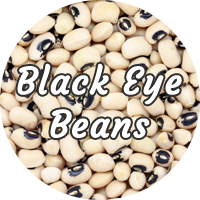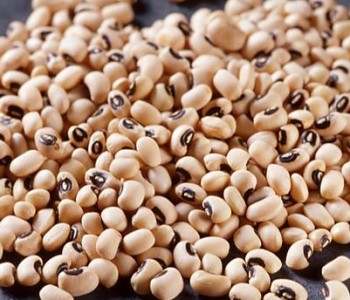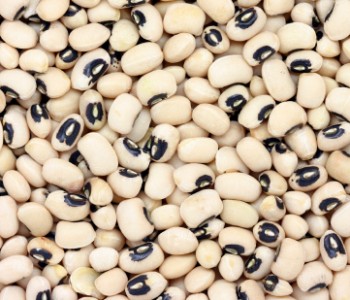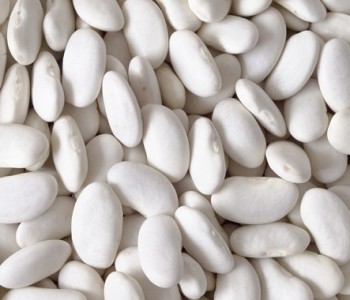
BLACK EYE BEAN
BLACK EYE BEAN
| Botanical Name | Black Eye Beans |
| Available Form: |
|
| Season: | Available all the Year |
| Packing: | In bags 25 - 50 KGS Net Weight |
black-eyed beans benefits
black-eyed beans benefits
The black-eyed beans are actually a bean in the cowpea family cultivated in Asia since prehistoric times. African slaves brought the legume to the West Indies and later the American South, where it continues to be an important ingredient in Southern soul food. The black eye is the part of the bean attached to the pod before the peas are shelled. Black-eyed peas provide a variety of health benefits.
Protein
A 1-cup serving of black-eyed peas provides 13.2 g protein, or 26 percent of the 50 g FDA daily value. Protein is a component of every human cell. The nutrient is necessary for the repair of muscle and skin tissue and growth in children and developing fetuses. Protein also provides a blood-sugar-balancing effect when combined in the diet with carbohydrates that may prevent the development of diabetes.
Fiber
The fiber content in 1 cup of black-eyed peas is 11.1 g, or 44 percent of the 25 g required each day.
Fiber provides bulk in foods that helps slow the digestion of carbohydrates, stabilizing the body's level of blood-sugar and sustaining energy from one meal to the next. Fiber is an important component of the diet for suppressing the body's hunger response and improving weight stability.
Low Calories
A 1-cup serving of black-eyed peas contains 198 calories, or 10 percent of a standard 2,000-calorie diet. The low calories in black-eyed peas and high fiber and protein content, provide nutrients and do not add significantly to the body's exercise requirement. Including low-calorie, nutrient-dense foods to the diet are the anchor for any effective weight loss plan. The fat content in black-eyed peas is only .9 g.
Minerals and Vitamins
A 1-cup serving of black-eyed peas provides 4.3 mg iron, or 24 percent of the 18 mg daily requirement; 2.2 mg zinc, or 15 percent of the 15 mg daily value; and 354 mcg folic acid, or 89 percent of the 400 mcg required daily. Iron is a component of energy production and stores and releases oxygen in the muscles necessary for endurance exercise. Zinc promotes wound healing, and folic acid works together with other B vitamins to lower the body's level of homocysteine, an inflammatory chemical that contributes to cardiovascular disease.




